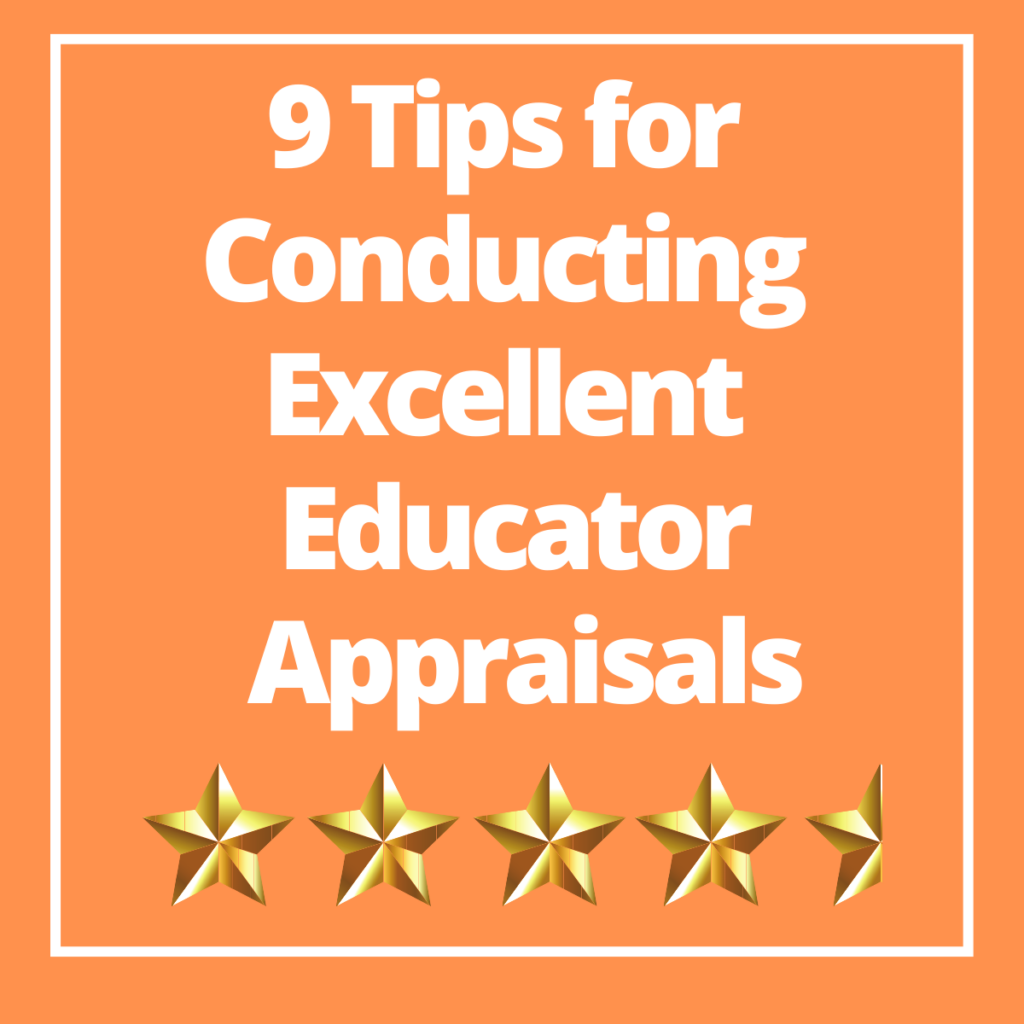
For many managers, performance appraisals are a stressful time in any service. Giving and receiving feedback can be awkward and uncomfortable.
The good news is, with the right skills and the right approach, appraisals can be a stroll in the park!
The 1950s approach of having a yearly meeting to deliver feedback and assess performance has no place in the modern high-performance workplaces of today.
Here are 9 things you can do to conduct excellent Educator Appraisals.
1. Focus on the process, not the meeting
Appraisal meetings are just a small component of a much bigger performance management process. Performance management is a year long process involving check-ins, training, coaching and support.
2. It’s not about giving feedback!
Appraisals are not about feedback. Performance appraisals are an opportunity for you to celebrate strengths and plan for career advancement. The appraisal meeting can be an opportunity to review feedback given over the past 12 months but try to avoid giving new feedback in appraisals meetings.
3. They are a NQF requirement
Element 7.2.2 states that “The performance of educators, coordinators and staff members is evaluated, and individual development plans are in place to support performance improvement.”
4. Goals should link to strengths not weaknesses.
Goal setting forms a critical component of appraisals. Goals drive performance. Most services see a dramatic increase in performance when individual goals focus on strengths as opposed to goals that focus on weaknesses.
5. Can you measure Respect?
Goals need to be measurable. If we set a goal for a room assistant to gain more respect from children over the next 12 months, we need to measure whether respect has increased.
How can you measure if respect has increased? You sure can.
- Room Leader observations
- Children enquiring about the Educators’ wellbeing
- Feedback from peers
- Children’s behaviour when assistant is in-charge
6. Reward effort and high performance
If an Educators works hard, puts in more effort, and achieves more during the year, should they be rewarded the same as someone who does nothing? Of course not, reviews should link to rewards. Pay rises, promotions and bonuses are just the beginning.
7. Behaviours and attitudes matter!
If you want Educators to; take initiative, be creative, and display empathy then these are the attitudes you should discuss during appraisals. "you get what you reward!". If you set behavioual expecations clearly, your setting your team up for success.
8. Focus on Flow
Flow (being in the zone) occurs when the challenge of the role is commensurate with the current skills of the Educator. Flow only appears when challenging goals are present.
9. Look to the Future
Discussions should focus on future plans and objectives, and how both parties can work together to achieve results. You should ask Educators what they need from you, or how you could be of more assistance.

we are interested in these webinars however our Director will not be in this Friday 29th.
Are there any other options for us?
thank you
You can purchase the series and you'll be sent a recording.